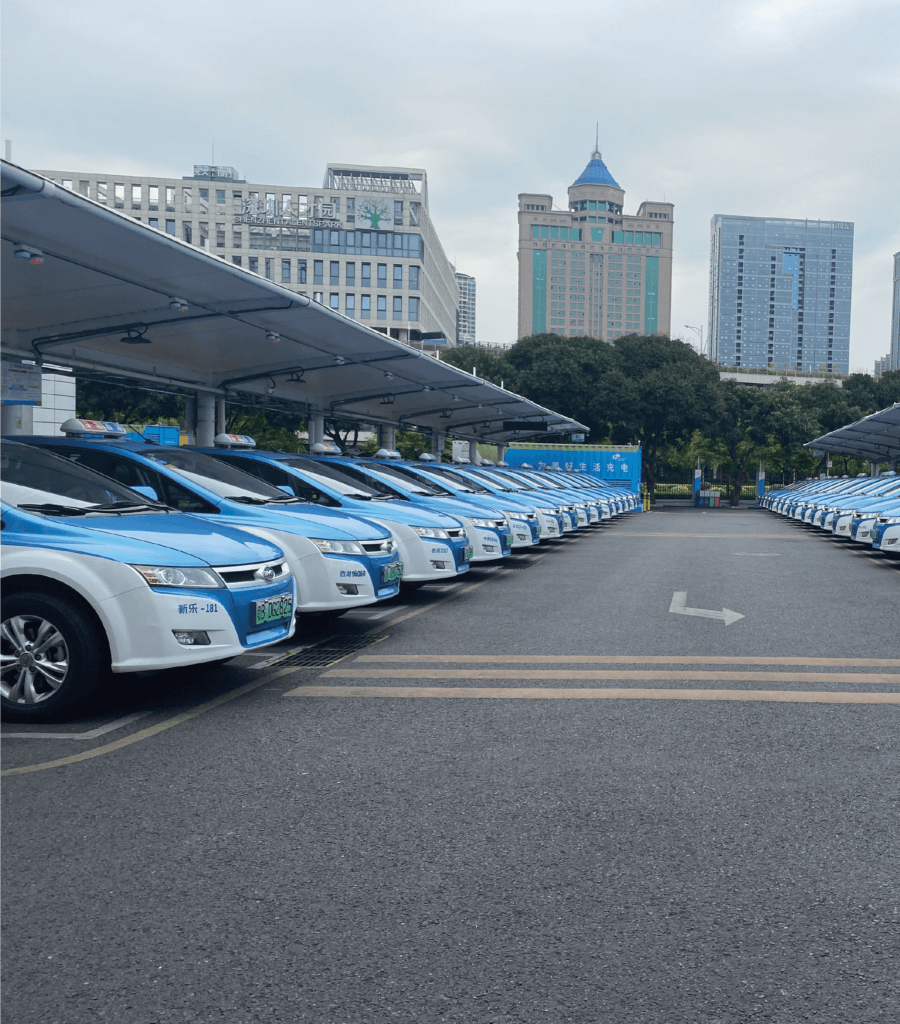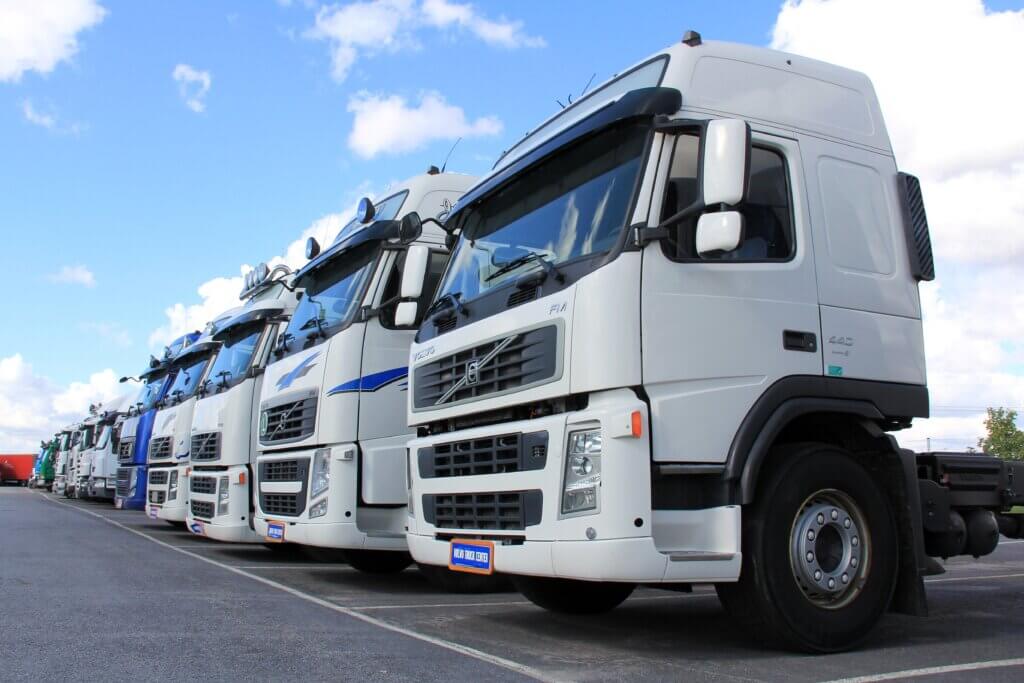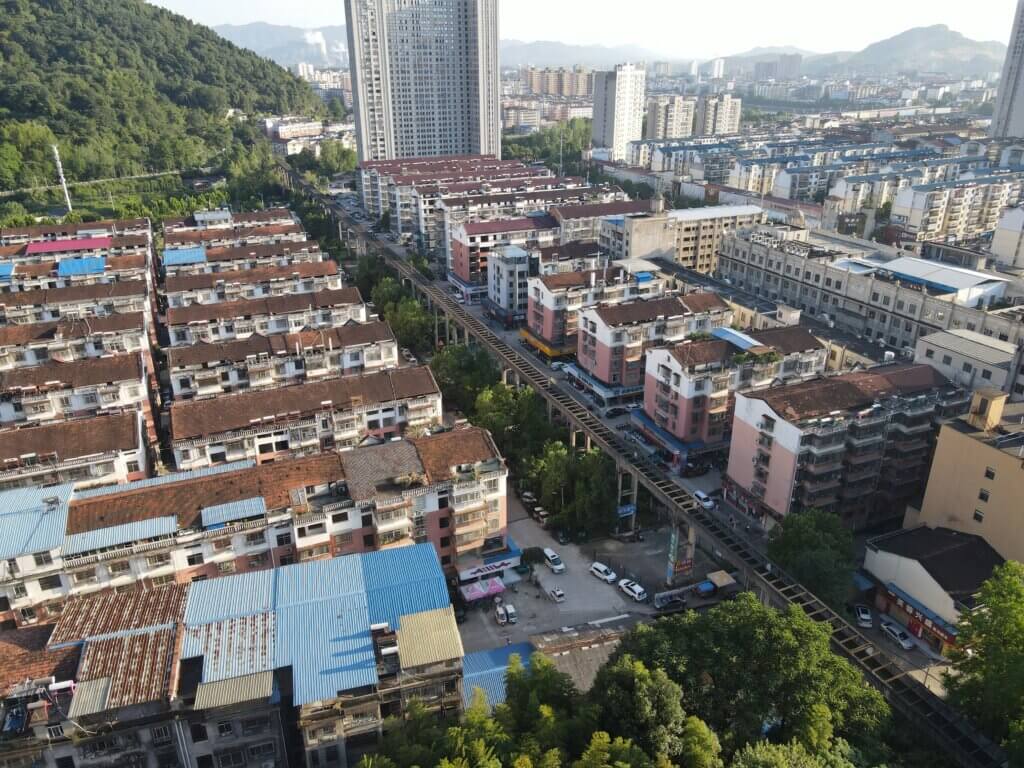A Sino-German Comparative Study of Urban Logistics and Last-mile Delivery Processes

With the modernisation of cities, the need for urban logistics is growing and the parcel delivery market is becoming increasingly important in countries around the world. With its huge volume of express parcels and developed online retail system, China has huge demand, market and potential for parcel delivery. For this reason, the parcel delivery market […]
Status Quo of China’s Drone Industry – Market Development, Regulation and Application

This report helps to better understand the developments in the Chinese drone market and drone industry as well as the legal framework, to trace different approaches to pilot projects and to assess the future potential of this sector.
A Study on the Promotion and Application of New Energy Logistics Vehicles in China

The study identifies the key challenges of NELV adoption in China, provides a detailed analysis of future trends and application scenarios, and outlines a set of comprehensive policy recommendations for promoting NELVs in the development of a low carbon urban delivery sector. In order to produce these outputs, the study has examined China’s current NELV development status, conducted a stakeholder analysis, carried out local investigations in five pilot cities of the Green Urban Freight Pilot Programme and interviewed stakeholders from the city of Zhangjiakou.
A Study on the Optimization of the Bus Network and Exclusive Bus Lane Planning for the City of Tianjin

Bus electrification is a systematic programme encompassing not only the procurement of buses, but also the adjustment and optimisation of related bus networks, their operation capacity allocation, as well as the design, construction, and operation of needed charging infrastructure. Covering, amongst other initiatives, all of these aspects relevant to bus electrification, Tianjin’s 14th Five-Year-Plan (FYP) […]
Promoting China’s Transition Towards Sustainable Transport Integration

The advancements in information and communication technologies (ICT) have unlocked new opportunities for innovative urban mobility services. Smartphone-based Mobility-on-Demand (MoD) services such as ride-hailing, dockless bike-sharing or car-sharing have exploded in China on a scale that is incomparable to any other country. For example, in 2019, the number of average ride-hailing orders in China was […]
Electrification of Taxi Fleets in China and Germany – Status Quo and Policy Recommendations

The electrification of large vehicle fleets, especially taxi fleets, is a necessary component for achieving international and national climate targets. This measure can also make an important contribution to reducing particulate matter and noise pollution in cities. In China, local governments are increasingly intervening in the design of urban taxi fleets through regulatory measures by […]
Zero Emission Freight Initiative Launched at WNEVC 2022 in Beijing

On 26th August 2022, GIZ together with Smart Freight Centre (SFC), Energy Foundation China and other institutes have co-hosted the Zero Emission Medium and Heavy-Duty Commercial Vehicles Forum at the World New Energy Vehicle Congress (WNEVC) 2022[1]. The Zero Emission Freight Initiative (ZEFI), industry voluntary platform, has been launched at the Forum.
The Climate Finance Gap Fund to support the city of Xianning with early-stage project preparation for climate-resilient plans and integrated transport

GIZ, on behalf of the City Climate Finance Gap Fund (The Gap Fund), is currently implementing a technical assistance (TA) project to the city of Xianning on its early-stage development of a comprehensive transport infrastructure project concept. The project concept includes both climate change mitigation and adaptation components, such as waterway and greenway, public transport and cycling, water and wastewater infrastructure, and urban regeneration.
Decarbonising China’s Transport Sector – Workshop on Developing Road Transport Carbon Emission Models for Chinese Cities

To support Chinese cities by engaging experts and decisionmakers at municipal and provincial levels in introducing best practices from Europe and China in city-level transport emissions model development and applications, a workshop on Decarbonising China’s Transport Sector was held online on 15th August, 2022. This workshop explored the current challenges and opportunities for the establishment of transport emission models and facilitating peer-to-peer learning among Chinese cities/provinces, with a focus on introducing modelling methodologies for urban transport emissions in Chinese cities.
Climate Goals and Recommendations for Action in China’s Transport Sector

The transport sector is a key sector with regards to fossil fuel consumption, and its energy consumption and GHG emissions have been widely concerning. In recent years, China’s transport sector has made great efforts in promoting energy conservation and emission reduction, and has achieved significant results. However, there are still many problems and challenges existing in the field of transport which need to be managed, in order to accelerate the processes of energy saving and carbon reduction, and promote the realization of carbon dioxide peaking and carbon neutrality.